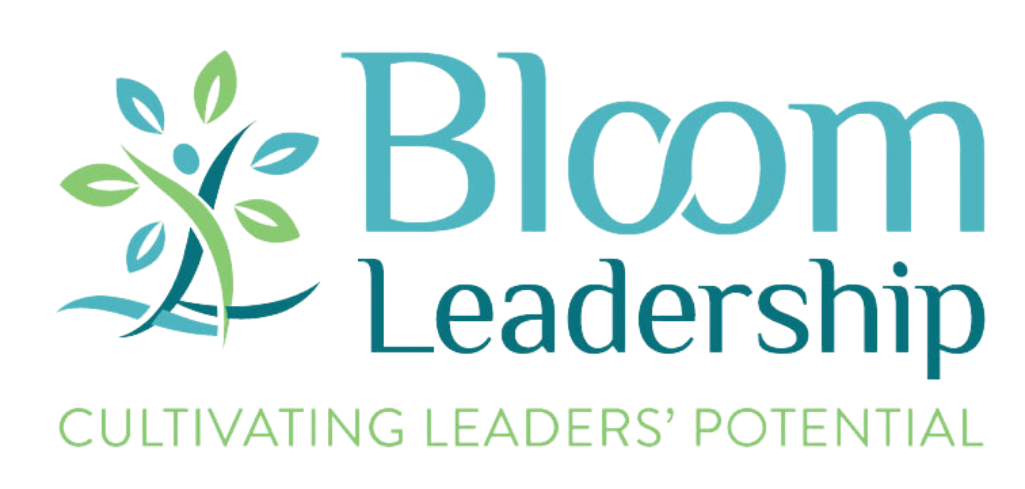How Coaching Benefits an Organization
Over time, I’ve talked a lot about how coaching can benefit an individual, what to look for in a coach, and how to get the most out of the experience. During my career, I’ve taught over 1000 people how to coach others. What I’ve learned is that teaching these skills is much different than enacting them with an individual.
To say it behooves organizations to work with a coach or have coaching opportunities available to their employees is a bit of an understatement. Here are some of the many ways one-on-one and group coaching can benefit employees and the organization as a whole.
Improved Performance
Coaching can improve employee performance greatly. Think about it: during a performance review, you identify that an employee isn’t handling a new task as well as you had hoped. There are two options here. You can encourage your employee to do better going forward and send them on their way, or you can ask them how you can help them better grasp this task. The former is an example of management. The latter is an example of leadership.
Coaching can help employees become better at their jobs, creating opportunities to learn new skills and take on new tasks. An employee who performs their tasks better becomes more efficient and can handle more responsibility. You will require fewer fill-in employees and less taxation on your bottom line.
Coaching is viewed as the most effective way to help salespeople within an organization develop their skill set. While high-performing salespeople often have mastered their craft, those in the middle of the pack have what it takes but could use some development. It’s interesting that many organizations prioritize coaching opportunities for salespeople and other front-line employees while completely overlooking the rest of the organization-- just some food for thought.
Identifies High-Potential Employees
How does an organization know who it’s high-potential employees are without taking a deep dive into their goals, skills, and aspirations? Not all high-potential employees stand out in a crowd; you have to be vigilant to catch the diamonds in the rough.
Coaching provides an opportunity to do just that. With strong coaching practices, you can shift high-potential employees to high-performance employees by helping them use that potential! Coaching also gives an organization the ability to identify any complementary skills that would help in other areas of the business, rather than adhering to the confines of a job description.
Improves Engagement and Productivity
Employees who feel appreciated are going to be happier going to work and working hard, and coaching is the best way to empower employees. By showing that your organization cares about their professional and personal development-- the whole person, not just the employee-- employees will feel respected and valued.
In many ways, your employees are like your customers, except instead of selling a good or service you’re selling your business. When you are recruiting new employees, you follow this marketing mentality to attract top talent. Unfortunately, many businesses fail to continue the process once the employee is on board.
Coaching is an effective part of any employee retention strategy. Employee retention is a top priority, as the cost of turnover is detrimental to an organization’s morale, culture, and bottom line.
Gets Employees Out of Their Silos
For those who aren’t familiar with the term “silos” in the workplace, it’s the idea that everyone is there to do their job, and it isn’t their responsibility to interact with other people. Workplaces that promote this mentality are the ones where everyone is sitting in a cubicle, typing silently.
Coaching can help remove the silo mentality from the workplace to provide opportunities for collaboration, communication, and culture. Coaching can benefit an organization by encouraging employees to abolish the “us vs. them” mentality and instead focus on the greater “we.” As this mentality often trickles down from the top, executive and leadership coaching is the key to cultivating change.
Improve Revenue
The bottom line of coaching in business is literally the bottom line. By improving your team cohesion to build a strong company culture, and developing leadership skills at all levels, you ultimately become a more profitable company. You have employees who are happy to come to work and interact with their team while putting their best foot forward to help themselves by helping you.
It’s time to stop thinking about coaching as a necessity for salespeople while leaving everyone else in an organization high and dry. Hire a coaching consultant to help your people reach their full potential or partner with a coach to create a competitive compensation benefit that your competition will lack.
Meredith Wailes is the president of Bloom Leadership.
Her goal is to eliminate suffering in the workforce by creating exceptional value and growth for business and entrepreneurs.
For more information on how we achieve this please check out Bloom Leadership.
More of the Latest Insights





